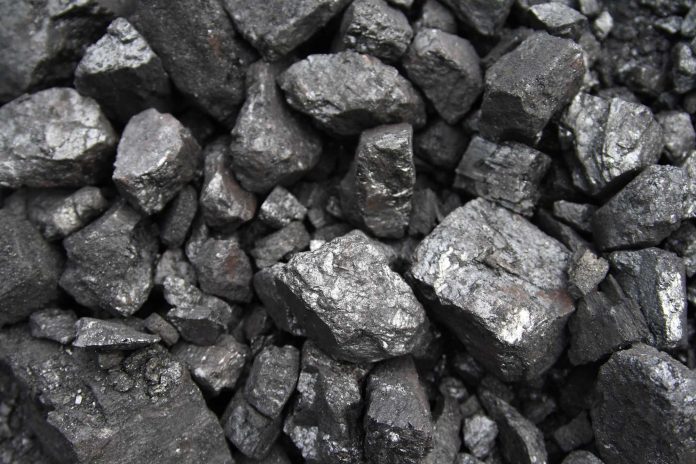Petroleum Coke
Petroleum coke (petcoke) is a byproduct of the oil refining process. As refineries worldwide seek to operate more efficiently and extract more gasoline and other high value fuels from each barrel of crude oil, a solid carbon material known as petcoke is produced.
The physical and chemical characteristics of petcoke are a function of the crude oil and refining technology used by the refinery. Physically, petcoke can be hard or relatively soft. It can resemble large sponges with numerous pores, or it can resemble small spheres, ranging in size from a grain of sand to a large marble. Chemically, petcoke can include a variety of elements and metals in a wide range of concentrations. Depending on these physical and chemical characteristics, petcoke is typically used either in an energy application as a source of British Thermal Units (BTUs), or in an industrial application as a source of carbon.
Fuel grade petcoke represents roughly 80 percent of worldwide petcoke production. Oxbow is the worldwide leader in fuel grade petcoke sourcing and sales, handling more than 11 million tons per year. Oxbow sources petcoke from every major refining company in the world, including ExxonMobil, Valero, Chevron, British Petroleum, PBF Energy, Phillips 66, Tesoro, Essar, Reliance and Shell.
Fuel grade petcoke is typically very high in heating value (BTUs per pound), produces virtually no ash when burned, and is most commonly used in electric power plants and cement kilns.







